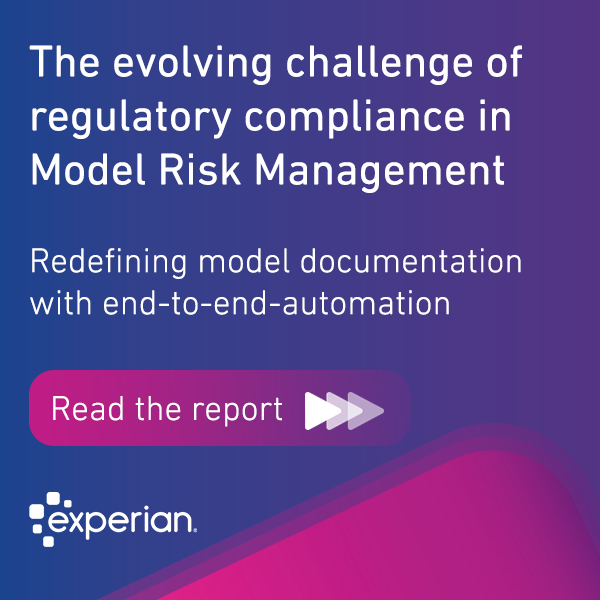 Since the Pandemic began consumers have been scammed more than ever before. From phishing emails, fake websites, and other scams intended to steal personal and financial information, to fake pharmaceutical goods or goods that never arrived, to account takeovers, multiple ways to defraud people have emerged or re-emerged at an alarming rate. It’s an understatement to say that now more than ever customers need to be protected and it’s the right time for businesses to improve some of their capabilities and offer their clients the secure experience that they expect. The results from our recent global research study of changing behaviors and priorities throughout the pandemic show us just how important online security has become for consumers:
Since the Pandemic began consumers have been scammed more than ever before. From phishing emails, fake websites, and other scams intended to steal personal and financial information, to fake pharmaceutical goods or goods that never arrived, to account takeovers, multiple ways to defraud people have emerged or re-emerged at an alarming rate. It’s an understatement to say that now more than ever customers need to be protected and it’s the right time for businesses to improve some of their capabilities and offer their clients the secure experience that they expect. The results from our recent global research study of changing behaviors and priorities throughout the pandemic show us just how important online security has become for consumers:
- Half of the consumers surveyed say they are very/somewhat concerned about conducting activities online; with the concern being most significant in India (69%)
- 4-in-10 consumers express increased levels of concern about online activities since C-19. The level of concern about consumer online activities and transactions has increased significantly since C-19 in India (61%), Brazil (57%), Singapore (53%), and US (44%) – one-fifth of consumers in the US and Brazil say that their level of concern has increased significantly.
- 42% feel that they are more of a target for online fraud now than before COVID-19, while only 25% feel safer about sharing personal information now than they did before COVID19
- The largest sources of concern among consumers are credit card information being stolen (36%), online privacy (34%), identity theft (33%), and phishing email (32%). Consumers in India, Singapore, the US, and Brazil show generally more concern.
Consumers have become increasingly positive towards more security measures
One positive tendency that’s been observed due to the increased security concerns is that consumers have become more comfortable with security measures being added online in order to protect them better:
- 55% percent of consumers expect more security steps when they are online and 49% want to have more visible security measures in place while on websites
- 47% of all consumers are expecting business to place strong security measures that they cannot see with another 40% expecting integration of features that recognize them during online purchasing without requiring them to share their personal data
- In fact, US consumers have increasing expectations on strong invisible securities (increased from 50% to 59% from June 2020 to January 2021) as well as identity authentication without sharing personal data (increased from 33% to 40% from June 2020 to January 2021)
Consumers are accepting of biometrics and businesses should consider using it
It is not a surprise that fraud prevention methodologies such as physical biometrics (which is visible) and behavioral biometrics (which is invisible) have become more popular with the public. Both can be added as an extra layer in order to improve the authentication process by increasing its trustworthiness and efficacy. What’s also vital is that none of the two is compromising the user experience too much when compared with other more traditional authentication methodologies such as passwords or knowledge-based authentication:
- 74% of consumers are feeling very secure while using physical biometrics with another 16% feeling somewhat secure
- 66% of consumers are feeling very secure when being protected by behavioral biometrics with another 24% feeling somewhat secure
So, as over half of businesses (55%) expect to increase their fraud management budgets in the next 6 months, it’s recommended that they take notice of these trends and act now. What’s even more important is that companies that invest in advanced customer authentication methods benefit from improved customer opinion, which feels like a win-win scenario for both parties involved:
- When physical biometrics are used, 57% of global consumers indicate that this enhances (somewhat/very much) their opinion of the organization
- When behavioral biometrics are used, 53% of global consumers say that they have a better opinion (somewhat/very much) about the organization implementing them
Related stories:




